April 20, 2017
In a world of fake news, clickbait, and alternative facts, there is a bit of comfort in knowing at least one undeniable fact. Donald J. Trump is enthusiastic about stamping the TRUMP name on most any goods or services and reaping the benefits of the ancillary trademark rights. He first sought trademark registration for a Trump-branded product in 1985 and has since sought to register in excess of 300 other trademarks with the United States Patent and Trademark Office, including the now ubiquitous MAKE AMERICA GREAT AGAIN® mark, which was registered on August 16, 2016.[1] While he often files applications through his various corporate entities, the fact remains: Donald Trump loves him some trademark rights.
This may elicit a few questions though. First, can a sitting POTUS own trademark rights? Also, what about other intellectual property rights: patents, copyrights, trade secrets? Can a U.S. President acquire, assert, enforce, or use with impunity certain types of intellectual property?
I shall do my best to answer these, though I will try to avoid addressing in detail the emoluments clause elephant in the room. For now.
Trademarks
As to avoid burying the lede, yes, in essence a sitting President can own trademarks and trademark registrations in his individual capacity. That said, as a buffer, Presidential Campaigns often seek to register trademarks on behalf of the candidate and his or her various slogans. Through his official campaign organization, President Obama even engaged in what some legal experts phrased as an “aggressive branding strategy” during the 2012 campaign season.
The Obama campaign even sued to assert these trademark rights against unauthorized users and potential infringers.[2] You might note, however, that “Barack H. Obama” is not the named Plaintiff. He did not sue in his individual capacity as the owner of the trademark and its affiliated registration is the non-profit entity that ran the campaign. Obama was in effect the owner of the mark but, like Trump, he often seeks trademark protection through the corporate structure.
On the flip side, you can use a President’s name in a trademark sense – even without authorization! While U.S. trademark law precludes the registration of any trademarks that bear another’s name without their permission or authorization,[3] to the extent you seek to market your goods and services to the consuming public by using a living POTUS’ name or image, to the extent this mark is not likely to confuse with existing marks and operates to distinguish your goods or services from your competitors – congratulations, you have an enforceable trademark. Of course, Donald Trump is the most litigious President to ever take office and he is almost certain to send a cease-and-desist for any attempt to use his name in commerce without his permission. Remember, Trump has been stamping the TRUMP name on almost everything for over 30 years. He likely got there first. Though he is a businessman, make him a licensing offer and I am sure he would consider it.
Moreover, while the government is often protected through the cloak of immunity in lawsuits and legal exposure, a POTUS and his administration may actually be held accountable for potential acts of trademark infringement. Obama’s administration was on the defensive end of separate trademark infringement lawsuits in 2008 and 2014, in fact.
My expectation is that the Trump administration and his Presidency will be more focused on branding and trademark rights (both in acquisition and enforcement) than any previous campaign or administration before him. As a businessman who proudly proclaims that he is not a career politician, Donald Trump knows the value of his name and he has made a lifestyle out of using it as a trademark.
This is why Trump’s acquisition and registration of foreign trademarks is gaining so much attention at the moment. Reports suggest that Trump’s personal and business enterprises have over 150 trademark applications pending in at least 36 countries. Never before has a President entered office with such a global business reach. As a result, there are a series of ethical questions and concerns about the potential application of the emoluments clause to Trump and his Presidency. Not surprisingly, this has recently been made the subject matter of a pending lawsuit. I do not offer any personal or professional opinions on the merits or applicability of the emoluments clause herein. I just find it to be an interesting question.
Patents
Can Donald Trump acquire a patent right as a sitting President? Pursuant to the United States patent law, 35 U.S.C. § 101 et seq., in particular Section 104:
Officers and employees of the Patent and Trademark Office shall be incapable, during the period of their appointments and for one year thereafter, of applying for a patent and of acquiring, directly or indirectly, except by inheritance or bequest, any patent or any right or interest in any patent, issued or to be issued by the Office. In patents applied for thereafter they shall not be entitled to any priority date earlier than one year after the termination of their appointment.
Let us assume that Donald Trump individually conceives and invents a novel and useful method for broadcasting his thoughts and reactions to his constituents. A new and useful and non-obvious version of Twitter, if such a thing may exist. If we assume that this new “invention” meets all of the standards for patentability under exiting U.S. law, can Donald Trump apply for and obtain a patent in his name? Based on the existing law, “Officers and employees” are governed by 35 U.S.C. § 3, which does not specifically identify the President as an Officer or an Employee of the USPTO. The Officers appear to include the Director of the USPTO, a Deputy Under Secretary of Commerce for Intellectual Property, a Deputy Director of the USPTO, a Commissioner for Patents, and a Commissioner for Trademarks. While each of these may report up the chain to POTUS, the President is not identified as an actual Officer or employee. Donald Trump could therefore be eligible to apply for and subsequently own a patent in his own name, if he actually is the hypothetical inventor of this Twitter 2.0.
What is to stop Donald Trump from just using someone else’s patented invention though? To put it plainly, not much. The U.S. government, including POTUS and his administration, can be sued for unlicensed use of a patented invention. Which means there is no immunity against infringement. At least on its face. What are the practical ramifications though? Pursuant to 28 U.S.C. § 1498, the patent owner’s only real remedy is to bring a claim in the United States Court of Federal Claims, and if infringement is proven, the patent owner can acquire what amounts to nothing more than a reasonable royalty for the use of this invention. There will be no jury of POTUS’ peers to shame him for this unauthorized use. He merely cuts a check for a reasonable royalty (which is its own question mark) and continues on his way.
Patent law favors the U.S. government in most every way, either through full sovereign immunity or through the exceedingly high standards for patentability and enforcement.
Copyrights
Here is where things get interesting. President Trump says a lot of things. He makes a lot of speeches. He is on television all the time. He tweets incessantly. About everything.
As we all know, “copyright” exists the moment an original work of authorship is fixed in a tangible medium of expression.[4] It is immediate, though registration is required to file any lawsuit for copyright infringement.[5] But can Donald Trump be the “author” of copyrighted works as a sitting United States President?
No.
Pursuant to 17 U.S.C. § 105 – “Copyright protection under this title is not available for any work of the United States Government, but the United States Government is not precluded from receiving and holding copyrights transferred to it by assignment, bequest, or otherwise.”[6] This means that Donald Trump, in his status as President, cannot be the “author” of any works that would otherwise be subject to copyright protections. All of his speeches? All of his tweets? All of his images from television appearances? All of his proposed legislation or outlines? Not copyrighted. As a matter of law, it is in the public domain upon creation.
Now, Donald Trump – and any other member of his administration – can acquire or own copyrighted works that were “authored” by someone else, either through assignment or as an inheritance. The key is that anything Trump says or writes or is recorded as his speech – this is not copyrighted. You cannot be deemed an infringer for using a Trump audio recording as a snippet in a song or movie or TV show. It is essentially fair game. You do not even need to make it a parody to fall under a safe harbor. It is free to use for all.
Of course, nothing is that easy. The actual language of Section 105 states that it must be a “work of the United States Government” to fall into this no-copyright exception. What about works that President Trump might commission a third-party non-government individual to create on his behalf. Normally, that would be a “work made for hire” that would designate Trump as the legal “author” of the work, but pursuant to certain Federal Acquisitions Regulations, in these instances, the works are not necessarily deemed works made for hire and may not automatically be in the public domain. Often, these third-party works are then (by contract) assigned back to the government, whereby the U.S. Government is not technically the “author” but is now the legal “owner” of the copyrighted work. How tricky.
In practice, we just want to know whether we can use Trump’s tweets without authorization, right? The simple answer to that is “yes.”
Trade Secrets
Trade secrets are that last nebulous, catch-all category of intellectual property. Unlike patents and copyrights, they are not subject to direct Constitutional protections.[7] Unlike trademarks, they are not authorized by Congress through the Commerce Clause.[8] In fact, only recently did the federal government pass the Defend Trade Secrets Act, providing federal jurisdiction for claims of misappropriation of trade secrets.[9]
Trade secrets exist only to the extent they remain secret. This is obvious, but it means that there is no federal administrative agency that oversees any formal registration or cataloging of “trade secrets” and who owns them. Two people can simultaneously own and claim rights to the exact same trade secret. Unlike patents, trademarks, and copyrights, both hypothetical trade secret owners can also claim equal rights to assert claims for misappropriation against third-parties. Again, this is because trade secrets are just that – secret.
Therefore, yes, Donald Trump can theoretically own trade secrets as POTUS. In fact, I would be surprised if his administration did not assert some level of trade secret-type protection over proprietary and confidential information for how to run an administration or how they intend to promote and pursue its agenda. I am certain that many employees have been required to sign non-disclosure agreements (NDAs) stating that they will not disclose this confidential information to the public.
The fact is that it is also highly unlikely that Donald Trump or anyone in the administration would ever seek to “enforce” these rights against a third party. For there is not a competing U.S. Presidential administration that would use these secrets to the competitive disadvantage of Donald Trump. This is not the casino industry. At least not officially.
Sure, the Democratic Party and a series of independent reporters and journalists are at this very moment investigating anything and everything about the Trump administration. But trade secret law in the United States actually encourages this independent investigation. It encourages “reverse engineering” as this is deemed to benefit the public. If the Washington Post were to uncover Trump’s and Steve Bannon’s purportedly “secret” plans for how to achieve certain domestic or foreign policy goals, that is newsworthy and deemed to be of public interest. It would not survive a token challenge to any allegation that it is a protectable “trade secret.”
In a thoroughly unsatisfying and anti-climactic conclusion – yes, Donald Trump can and likely does own trade secrets. But, legally speaking, these are not worth much and could never be effectively enforced.
Besides, there is a non-zero probability that Donald Trump is going to inadvertently disclose highly classified information through a 3am tweetstorm at some point during his term of office.
___________________________
[1] U.S. Trademark Reg. No. 5020556 (August 16, 2016).
[2] Obama for America v. Demstore.com and Washington Promotions & Printing, Inc., No. 1:12-cv-00889, in the United States District Court for the District of Columbia, filed June 1, 2012.
[3] See generally 15 U.S.C. § 1052(c) (“No trademark by which the goods of the applicant may be distinguished from the goods of others shall be refused registration on the principal register on account of its nature unless it—… (c) Consists of or comprises a name, portrait, or signature identifying a particular living individual except by his written consent, or the name, signature, or portrait of a deceased President of the United States during the life of his widow, if any, except by the written consent of the widow.”)
[4] 17 U.S.C. § 102.
[5] See, e.g., 17 U.S.C. §§ 411-12.
[6] Emphasis added.
[7] U.S. Const. art. I, § 8.
[8] U.S. Const. art. I, § 8, cl. 3.
[9] See generally 18 U.S.C. § 90 et seq.
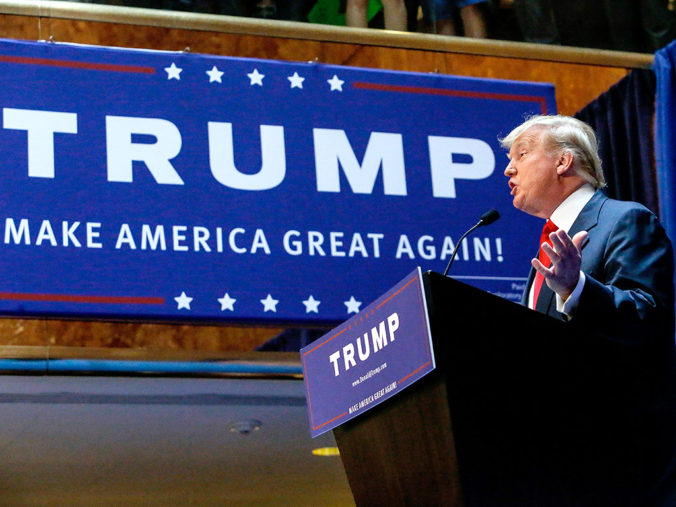
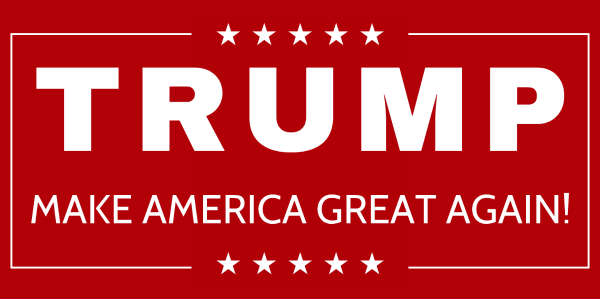
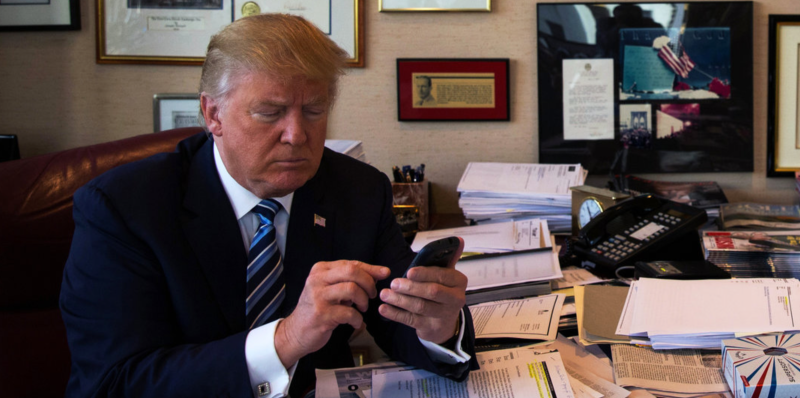
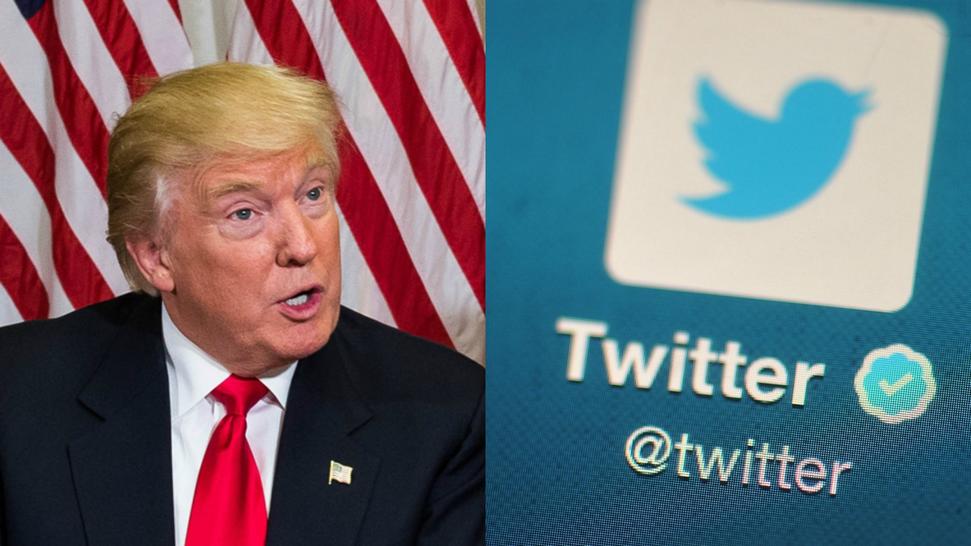
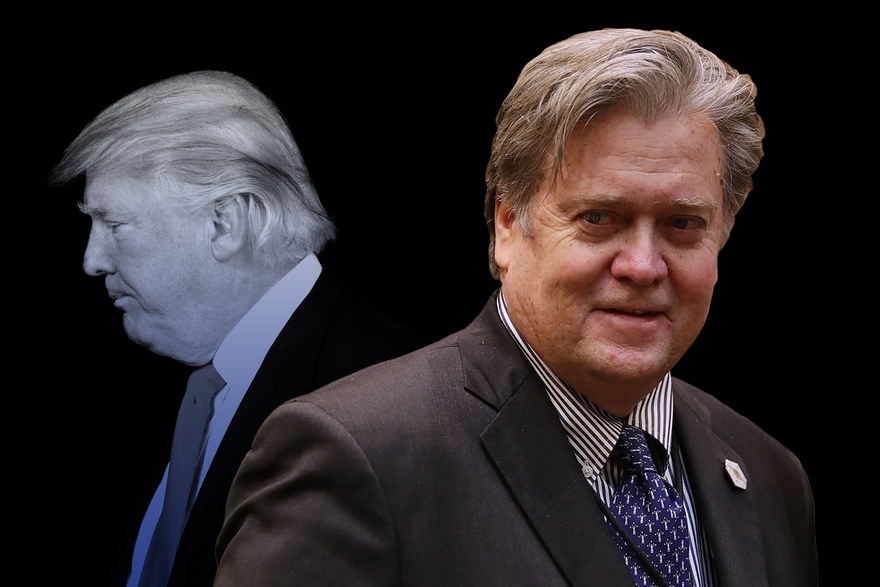
Recent Comments